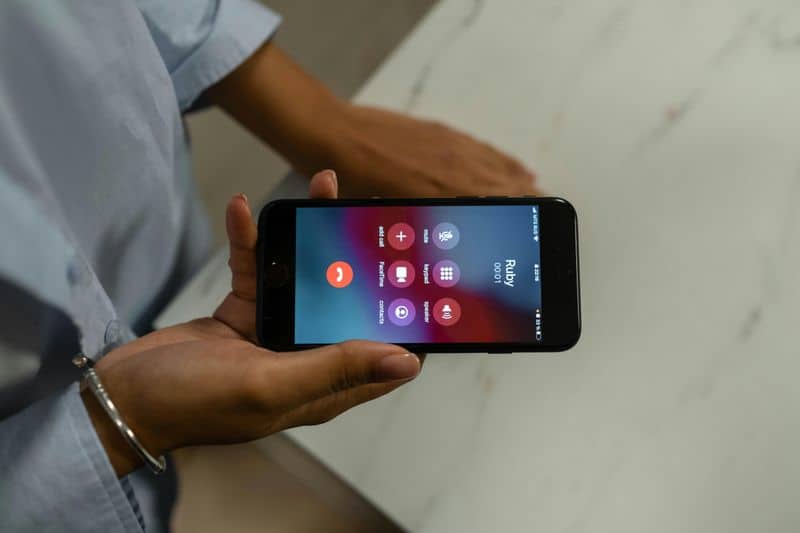Experiencing ghosting during the “talking stage” of a relationship can be disheartening and confusing.
Ghosting refers to the sudden cessation of communication without explanation, leaving the recipient uncertain about the other person’s feelings or intentions.
Understanding how to cope with this situation is essential for emotional well-being.
1. Acknowledge and Process Your Emotions
Emotions can flood your mind when ghosted, leaving you in turmoil. It’s essential to allow yourself to feel without judgment. Embrace the tears, the anger, or the confusion, giving them space to flow naturally.
Consider expressing these feelings through writing or talking to a trusted friend. Journaling can be a powerful outlet, and sharing your experience may offer relief. By acknowledging your emotions, you prevent them from festering, setting the stage for healing. Engaging in mindfulness practices can also help center your thoughts and bring clarity. Such moments of introspection pave the way to emotional recovery.
2. Avoid Self-Blame
Ghosting often leaves self-worth in a fragile state, but remember, it reflects the ghoster’s behavior. Avoid spiraling into negative self-talk, questioning your actions or worthiness.
Affirmations can be a powerful tool in reestablishing self-esteem. Post-its with positive messages around your space can serve as constant reminders. Talk to yourself with kindness and reject the impulse to internalize blame.
Engaging in activities that make you feel competent and valued will reinforce your self-worth. Embracing this mindset shift highlights that their disappearance is about their inability to communicate, not your value.
3. Limit Further Contact
Reaching out repeatedly to someone who has ghosted can extend emotional distress. It’s crucial to value yourself enough to step back. Send one message if closure is essential, then let go.
Deleting conversations and blocking if necessary can be symbolic acts of moving on. These actions protect your mental space and prevent unnecessary heartache.
Redirect your focus to those who value and respect you. Channeling energy into relationships that reciprocate can be healing. Creating boundaries honors your well-being and expedites recovery from this unsettling experience.
4. Engage in Self-Care
The art of self-care can transform a ghosting experience into an opportunity for renewal. Prioritize activities that lift your spirit and nurture your soul.
Exercise, immerse yourself in hobbies, or connect with loved ones. These pursuits invigorate your mind and body, fostering positivity.
A quiet evening with a good book or a warm bath can soothe the senses. Crafting a routine that celebrates yourself is vital. Such practices remind you of your intrinsic value, independent of others’ actions. Self-care becomes a personal declaration of self-love and resilience.
5. Seek Support
Sometimes, the weight of ghosting requires a community to lift. Sharing your story with those who understand can be cathartic. Support groups or trusted friends offer a safe space for expression.
In situations where moving on feels daunting, professional guidance can provide clarity. Therapists can offer tailored advice and coping strategies.
Remember, you are not alone, and support is available. Reaching out can illuminate new pathways and perspectives. Through shared experiences, healing becomes a collaborative journey. This collective strength underscores the importance of human connection in overcoming challenges.
Lover of good music, reading, astrology and making memories with friends and spreading positive vibes! 🎶✨I aim to inspire others to find meaning and purpose through a deeper understanding of the universe’s energies.






